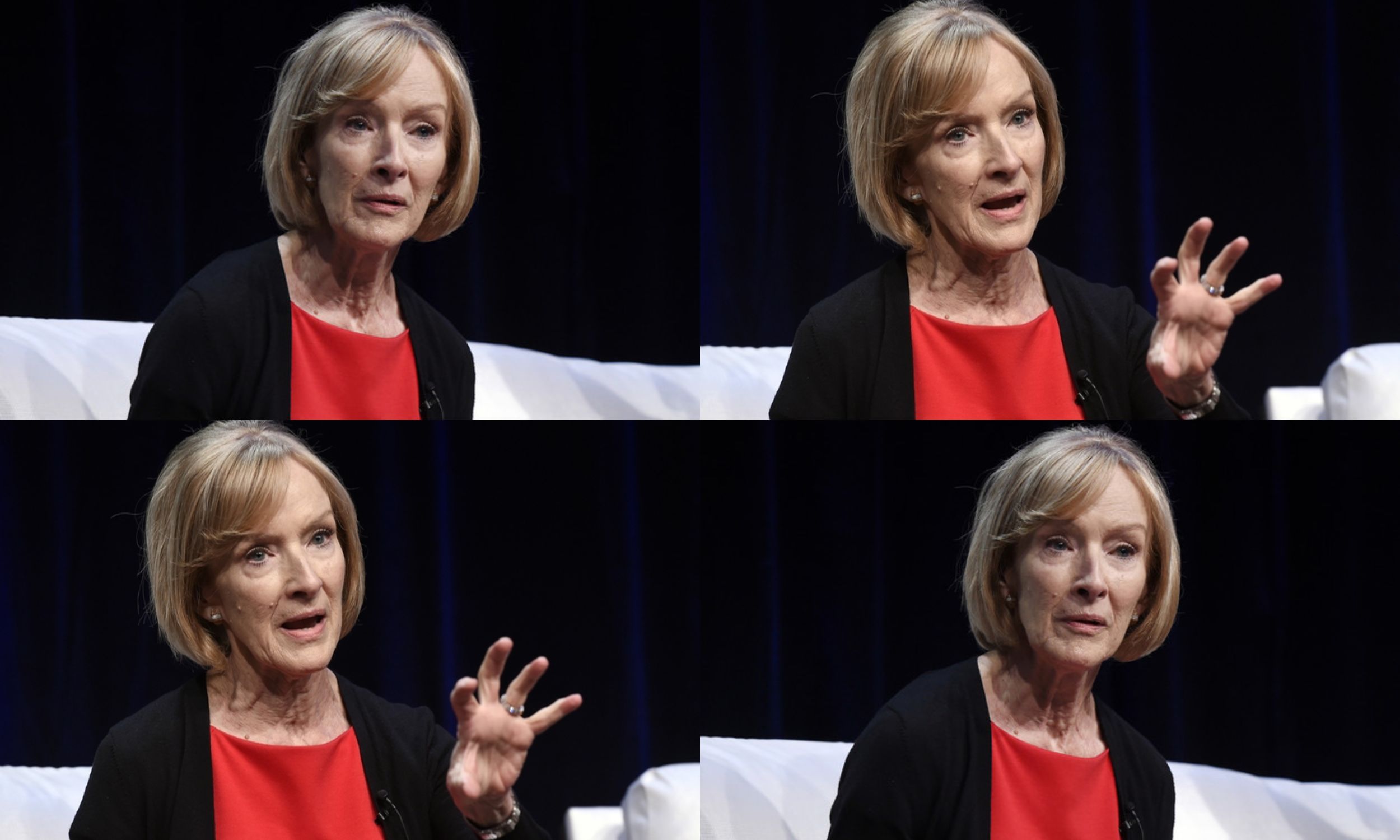On Wednesday, Judy Woodruff, a senior correspondent for “PBS NewsHour,” issued an apology after facing backlash for her comments on former President Trump’s role in Gaza cease-fire negotiations.
During a broadcast from the Democratic National Convention on Monday, Woodruff suggested that Trump had advised Israeli Prime Minister Benjamin Netanyahu to postpone a cease-fire deal, speculating that such a delay could potentially benefit Vice President Harris’s campaign.

Woodruff later clarified on X that her remarks were based on earlier reports from Axios and Reuters, which had mentioned Trump’s discussions with Netanyahu. She admitted that she had not accounted for subsequent reports that included denials from both parties and apologized for the oversight.
Netanyahu’s office responded by labeling Woodruff’s statements as “completely false,” and Trump’s campaign also denied the allegations. Trump spokesperson Steven Cheung criticized PBS, stating, “PBS is creating false narratives. The only message President Trump has communicated to the Prime Minister is to end the conflict as soon as possible. Any other claims are false.”
Woodruff’s apology underscores the importance of verifying information before making public statements, reflecting the need for accuracy in reporting.


